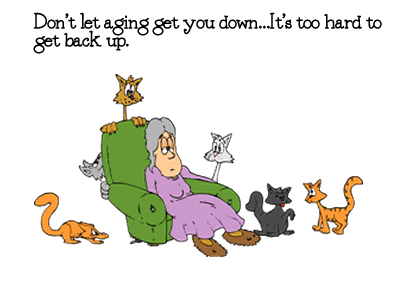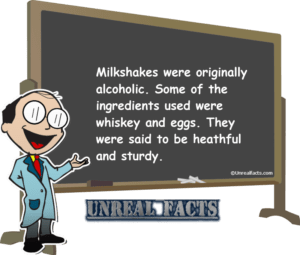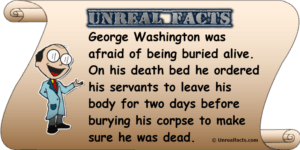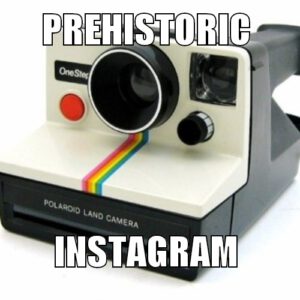The average medieval life expectancy for a peasant was only a mere 35 years of age. Wow, like that really sucks, right? That’s hardly enough time to accomplish everything that you wanted to in life. But it’s more complicated than being of old age at 35, far more complicated. So what made the average medieval life expectancy for a peasant, or anyone for that matter, so low?
The eagle eyed among you would have noticed the keyword there. Average. Just as today with the average life expectancy and average income, it’s a measurement by adding up all the numbers, then dividing that number by how many people there are. So the principle is the same, but the age is so vastly different. What gives?
Lucky you. You live in a time of advanced scientific research, amazing medical discoveries, and some pretty cool drugs (pharmaceutical of course). Between science and medicine, they are continually extending the life of humans. But not only are they extending the life, they are also improving ways of preserving it.
During the Dark Ages there were many difficulties in life to overcome. There was disease, such as bubonic plague and dysentery that constantly wanted to end a persons life. There was also war and famine, which still continues to claim life today. But even though these things can drastically reduce the average medieval life expectancy of peasants, there was one thing that had a far more drastic impact on that number. Infant mortality.
Infant mortality in first world countries still occurs today, but it is rare. During medieval times it was rampant. It was rare for children to survive to adulthood. This simple fact drove the average to an extremely low number. Given that so many babies died early, it made the average seem very low. The reality was that if you managed to make it to adulthood, not get killed in war or by disease or famine, you could live to a ripe old age.
All of the problems that affected the lives of our ancestors during the Dark Ages are still around today. But thankfully they are not as big a problem. Personally speaking, it’s not about the quantity of life that you have at your disposal, it’s about the quality of life that really matters.








